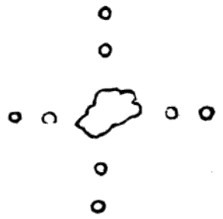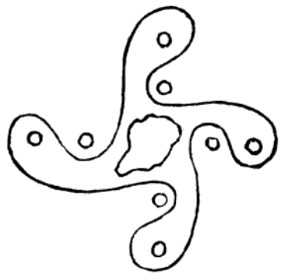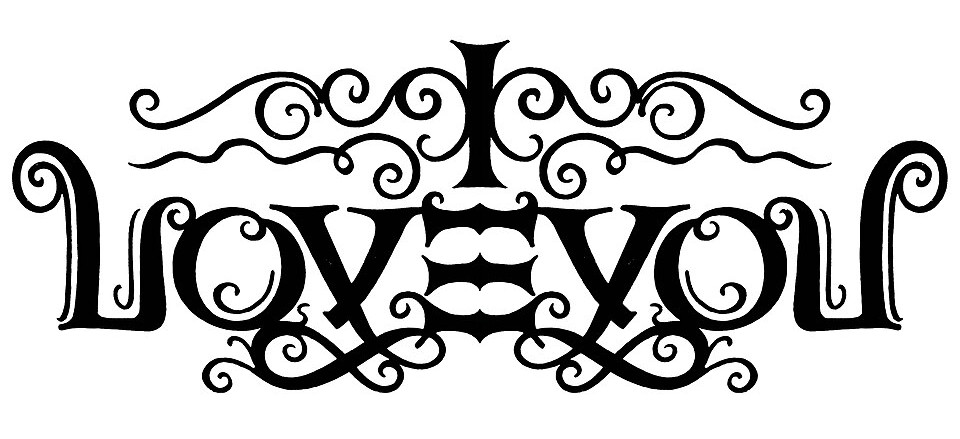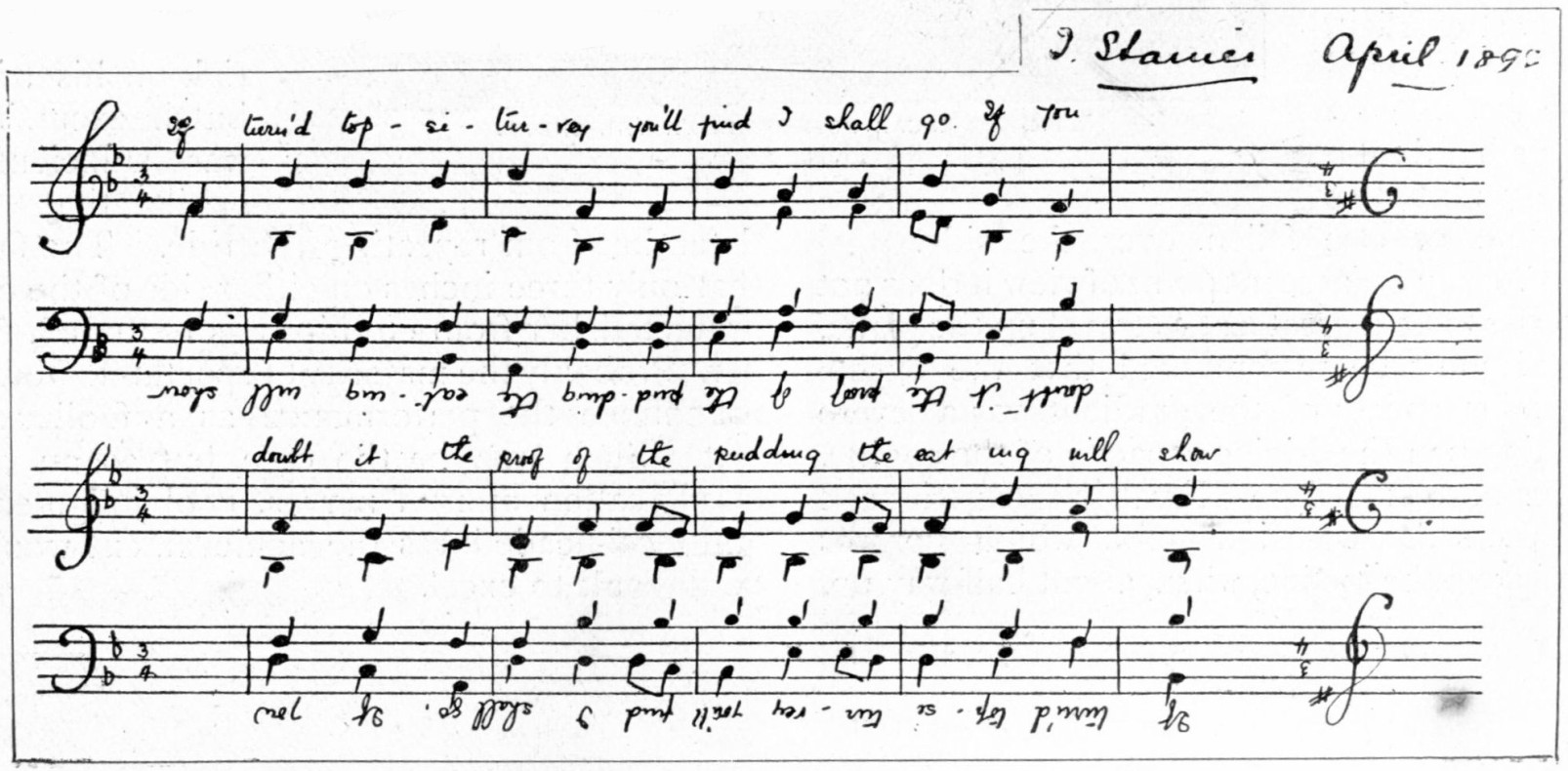Memorable excerpts from the detective fiction of Michael Avallone (1924-1999):
- “The next day dawned bright and clear on my empty stomach.” (Meanwhile Back at the Morgue)
- “My body felt as abnormal as a tuxedo in a hobo jungle.” (The Crazy Mixed-Up Corpse)
- “My stunned intellect, the one that found death in his own backyard with him standing only feet away, hard to swallow in a hurry, found the answer.” (The Horrible Man)
- “Her breasts were twin mounds of female muscle that quivered and hung and quivered and hung again. The pale red of her nipples were two twinkling eyes that said Go, Man, Go.” (The Crazy Mixed-Up Corpse)
- “‘I’ve done a stupid thing, Ed,’ Opal Trace musicaled.” (The Case of the Violent Virgin)
- “‘Opal …’ she hoarsed.” (The Case of the Violent Virgin)
- “‘Obviously!’ she crackled, laying a whip across me and then turning with a sexy flounce she vanished through the glass doors, dragging her hatbox and portmanteau behind her. And my mind.” (Shoot It Again, Sam!)
- “I looked at the knife. … One half of the blade was soaked with drying blood. Benny’s blood. It was red, like anybody else’s blood.” (The Voodoo Murders)
- “Dolores came around the bed with the speed of a big ape. … She descended on me like a tree full of the same apes she looked like.” (The Tall Dolores)
This and my recent post on Robert Leslie Bellem were inspired by Bill Pronzini, who has written two appreciations of rapturously bad mystery fiction.







